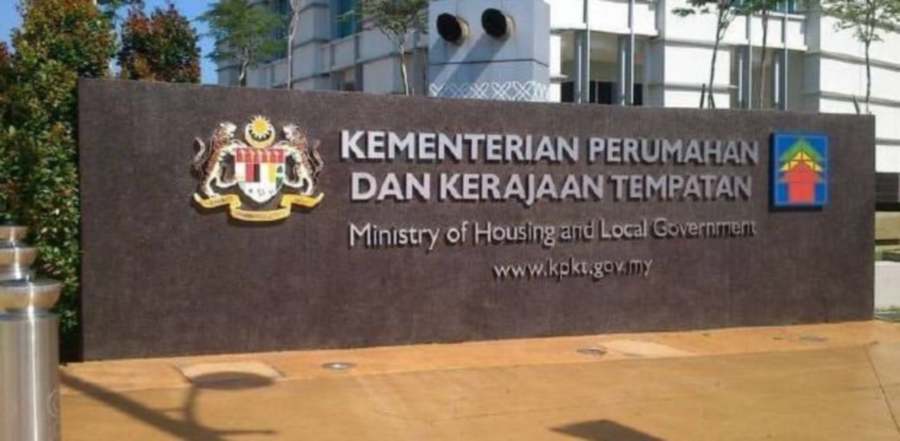By Sharen Kaur - August 21, 2024

KUALA LUMPUR: The Ministry of Housing and Local Government (KPKT) has revived 704 sick or abandoned projects with a total gross development value (GDV) of RM58.94 billion since January 2023.
This has helped more than 65,000 homebuyers acquire their desired homes, according to its minister, Nga Kor Ming.
"We aim to ensure there are no more abandoned housing projects by 2030," he said in an Agenda Awani interview programme.
Nga said KPKT will amend the law to ensure that developers found guilty of fraud will not be allowed to leave the country.
He said that KPKT will also establish escrow accounts.
"This means that all money paid by homebuyers will be used exclusively for the intended project. Currently, without escrow accounts, developers can transfer funds from Project A to Project B, causing Project A to become abandoned. After this amendment, such practices will no longer be permitted," he explained.
"We must ensure that in the housing sector, the good serves as a model and the bad serves as a lesson."
Abandoned projects pose a significant concern, especially in the real estate and infrastructure sectors. These projects often stem from financial challenges, inadequate planning, legal complications, or shifts in market demand.
The impact of abandoned projects can be far-reaching, impacting investors, developers, local economies, and communities that depend on the successful completion of these developments.

Sr. Samuel Tan, a seasoned property analyst, said that successfully completing abandoned projects can help restore investor confidence and showcase a commitment to development.
However, he emphasised the importance of thoroughly evaluating the reasons for the initial abandonment and ensuring that any revival is supported by sound financial planning and demand analysis.
"Reviving abandoned projects is a positive step as it can stimulate the economy. Completing these projects can generate jobs, boost local economies, and energise related industries like construction and real estate," he told NST Property.
"Additionally, it can deliver long-awaited benefits to communities, such as enhanced infrastructure, housing, and public services," he said.
Meanwhile, KPKT has proposed 33 initiatives valued at nearly RM1 billion to the Ministry of Finance for 2025 Budget, aimed at enhancing public well-being in line with digital transformation and the Malaysia Madani aspirations.
Nga said he led the KPKT delegation to the Ministry of Finance, and presented the high-impact proposals, including the development of 100 MADANI recreational parks, the introduction of MADANI Deposit, and the transformation of retention ponds, for the Budget 2025 Initiatives.
The proposed initiatives also include the introduction of electronic property sale agreements with e-stamping.
Nga said that the MADANI Deposit initiative aims to provide a deposit of up to RM30,000 to first-time homebuyers in line with the government's Rumahku, Syurgaku (My Home, My Heaven) policy.
"This is to ease the monthly payment commitment for first-time homebuyers, especially the youth among the B40 and M40 groups, and to realise the ministry's 'Shelter for All' aspiration of providing every citizen with a place to live," he said.
Nga said that this year alone, KPKT has implemented 12 initiatives from 2024 Budget, with 10 out of 12 achieving over 80 per cent of their targets within just six months.
Successful initiatives include the installation of 12,336 LED street lights in local authority areas and the upgrading of 882 public toilets.
No comments:
Post a Comment